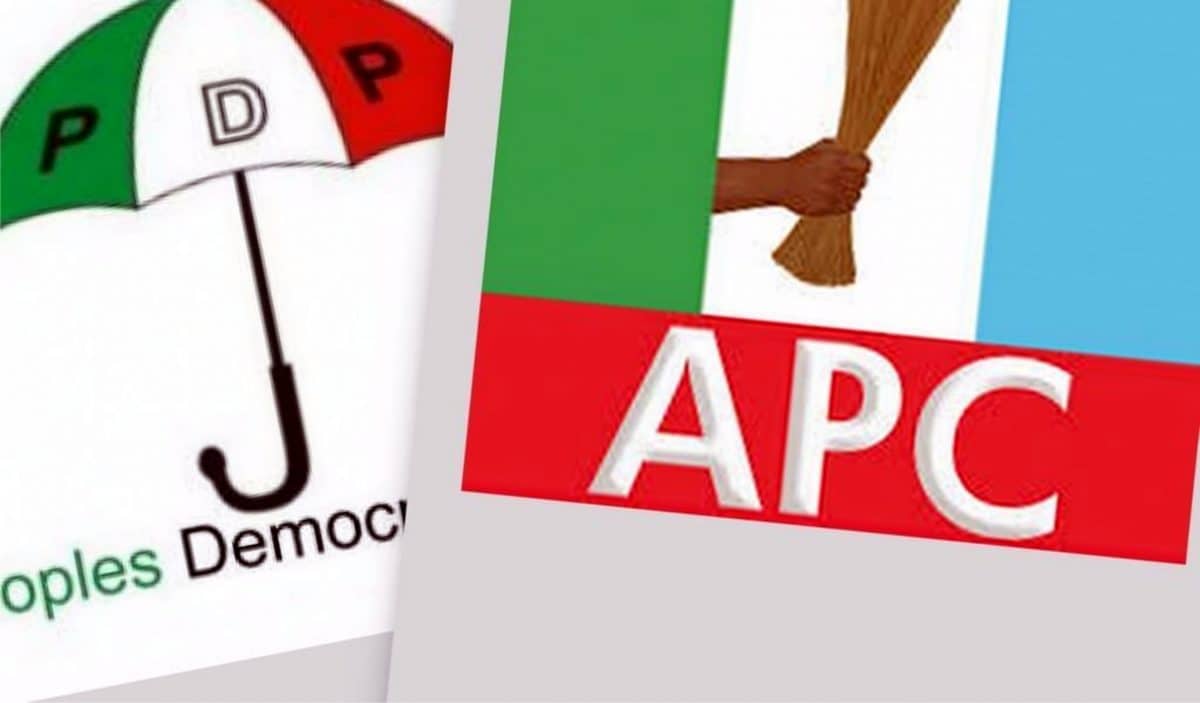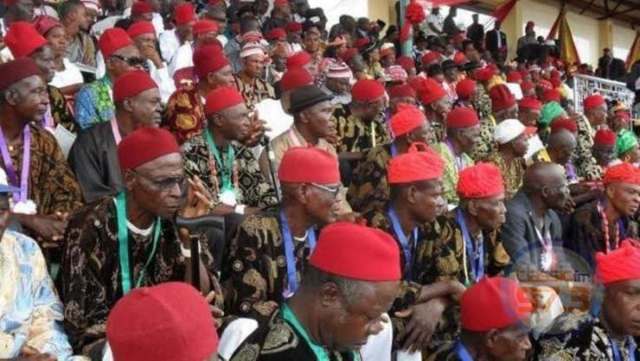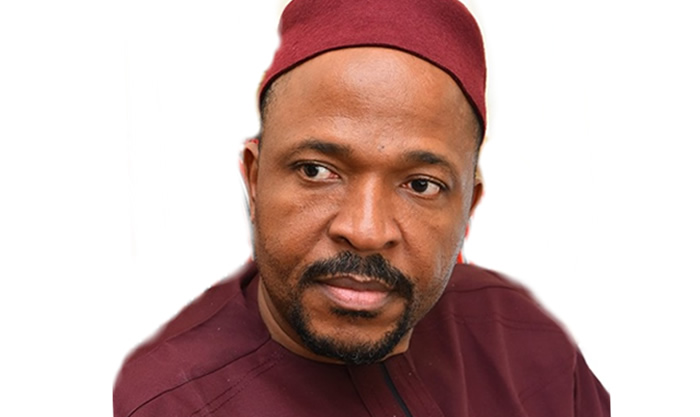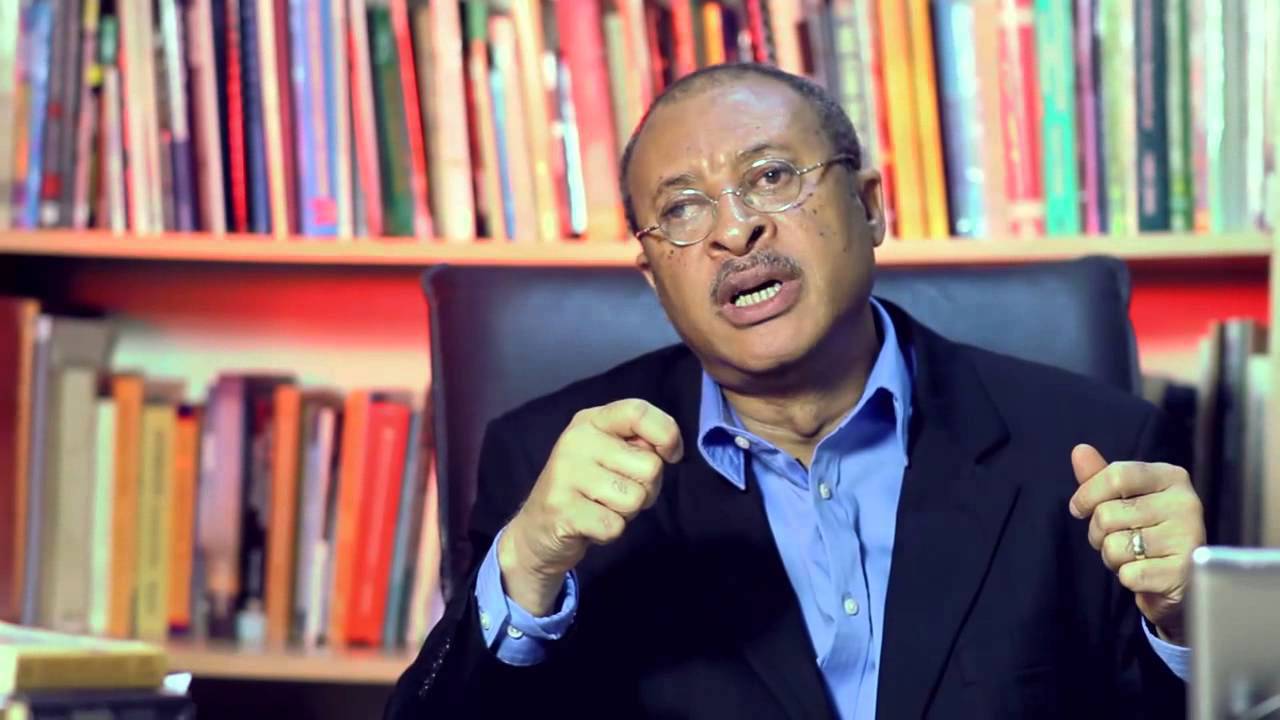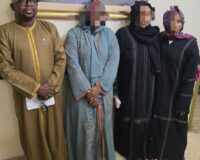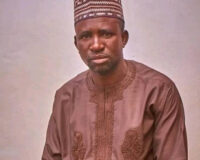PDP Asks Buhari, APC To Fix Nigeria, Be Accountable
The main opposition Peoples Democratic Party (PDP) has tasked the ruling All Progressives Congress (APC) and President Muhammadu Buhari to be accountable to Nigerians following the myriad of problems in the country. The party said as it celebrated with Nigerians, especially the Muslim Ummah on Eid el-Fitr which marked the successful completion of the […]

